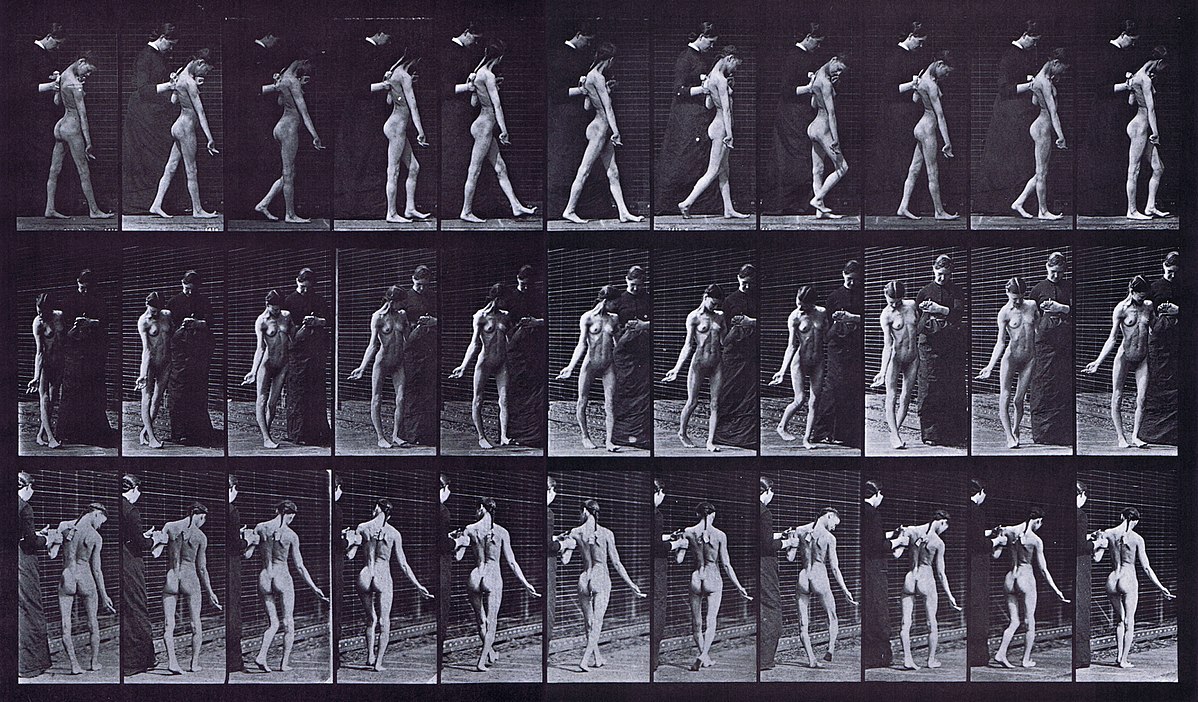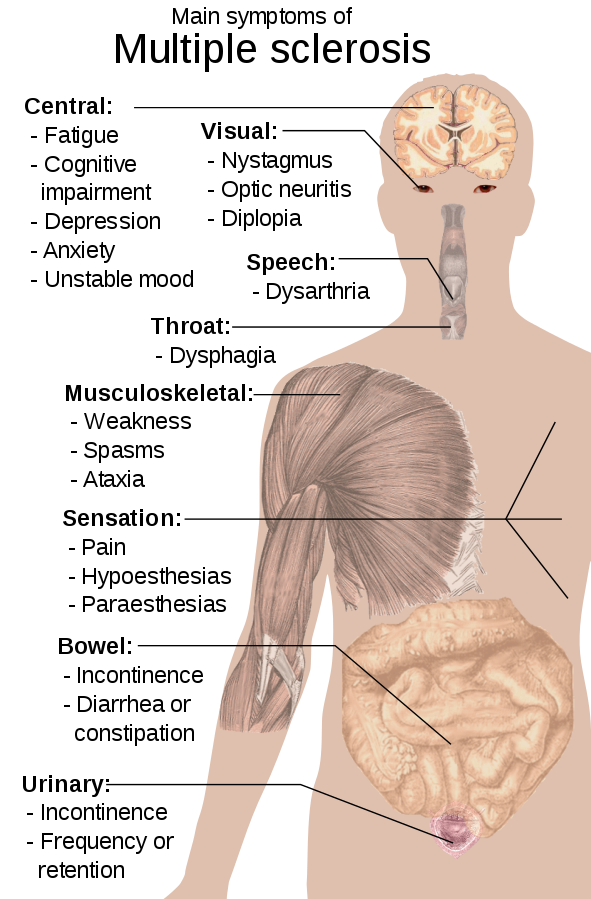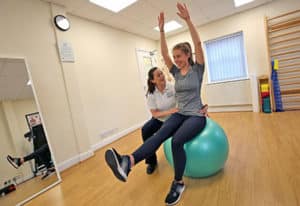nalco group
bone, muscle & joint pain physio
BOOK NOW / WHATSAPP ABOUT YOUR PAIN OR INJURY
- ORCHARD 400 Orchard Road #12-12 Singapore 238875
- TAMPINES 9 Tampines Grande #01-20 Singapore 528735
- SERANGOON 265 Serangoon Central Drive #04-269 Singapore 550265
Home > Blog > Physiotherapy > Conditions > Multiple Sclerosis Physiotherapy
Multiple Sclerosis Physiotherapy

Multiple sclerosis (MS) is a chronic, usually progressive, disease that primarily affects young adults. Approximately 400,000 people in the United States and 2.5 million people worldwide have been diagnosed with MS.
Unfortunately its effects can range very widely.
Although there is no known cure for the disease, it can be successfully controlled with medical management and rehabilitation. Our senior physiotherapists help patients with MS
- regain and maintain strength
- regain and maintain flexibility
- regain and maintain general fitness
- and to live active, productive lives
What is Multiple Sclerosis?
Multiple sclerosis (MS) is a disease that involves the loss of myelin, a material that covers and protects the nerves in the body's central nervous system.
Without myelin, nerves cannot properly communicate with each other.
MS symptoms will vary from person-to-person, depending on what part of the nervous system is affected, including structures that control
- movement
- sensation
- mental processes
- emotional processes
Often, one of the first signs of MS is a change in vision, such as double vision. Nearly all patients with multiple sclerosis also report difficulty walking, and with other body movements.
Although MS is rarely fatal, its complications can be severe, including
- difficulty breathing
- injury due to falls
- and a general lack of mobility
With appropriate medical support and physical therapy, the disease process can be controlled, and movement can be improved and maintained.
Signs and Symptoms
MS leads to multiple signs and symptoms that may include:
- Fatigue that does not go away with rest
- Difficulty walking and problems with balance
- Stiffness and spasms or a feeling of heaviness in your legs or arms
- Bladder and/or bowel problems, such as urgency or leaking
- Sexual dysfunction, such as less sensation, dryness, less desire, and trouble reaching orgasm
- Memory and thinking problems
- Pain and other unpleasant sensations
- Emotional or mood problems, including depression and apathy
- Vision problems, such as control of eye movements, seeing double, and blurry vision
- Dizziness or vertigo
- Speech and swallowing problems

Medical management of the disease can improve many, but not all, of these signs and symptoms.
Because MS affects each person differently, an individual may experience unalike signs and symptoms than another person with the same type of MS.
Symptoms of MS can come and go, and the disease can go into remission. When a relapse is experienced, the symptoms can vary in duration and strength.
Becoming overheated can contribute to a relapse, such as during exercise and in warm weather. A severe relapse can require hospitalization, but milder symptoms may be managed with medication at home.
After a relapse occurs, the symptoms will again settle down, but may cause a slight loss of function. Some individuals will recover well from a relapse, but others may experience a higher level of disability.
When multiple sclerosis goes into remission, you feel stable and may be able to gain some improvement in your ability to perform daily activities. We can help you gain strength and endurance during a remission.
Depression
Depression affects the majority of individuals with MS, with a 70% higher risk than in same-aged people without MS. It can complicate the initial adjustment period following diagnosis.
Facing the ongoing challenges of MS can be overwhelming at times, and depression can significantly affect a person's quality of life. For these reasons, depression should be medically managed, along with control of the disease itself.
Your health care team, including your physician and our senior physiotherapists, will work with you to reach and maintain your goals for living an active, productive life.
How Is It Diagnosed?
A diagnosis of MS is made if the following criteria have been met:
- Clinical or MRI evidence of damage to the central nervous system occurring in 2 different parts of the body (ie, symptoms in arms and legs, sensation and motor skills, vision, and speech); and
- Clinical or MRI evidence of recent damage to the brain, spinal cord, or optic nerve that occurred at different points in time, or abnormal findings in the cerebral spinal fluid obtained via a lumbar puncture; and
- Ruling out of conditions that may have similar symptoms such as stroke, tumor, or other progressive neurologic diseases.
how our senior physiotherapists can help

Physical therapy for people with MS focuses on helping them return to the roles performed at home, work, and in the community.
Your first physiotherapy visit will consist of a complete examination to determine your
- impairments (ie, weakness, pain, loss of sensation, balance, or coordination)
- activity limitations (ie, daily activities that you are having difficulty with, such as walking, dressing, or getting into your vehicle)
- participation restrictions (ie, an alteration to your normal activities, such as difficulty completing work and household tasks, caring for yourself or your family, or performing recreational and/or social activities)
Following the examination, we will develop a specific exercise program for you based on your condition and goals, including a home-exercise program and education on community-based exercise options.
Research studies have found that people in the early stages of MS may experience changes in their walking ability, balance, and breathing. If ignored, these early signs can lead to further disability.
When someone receives a diagnosis of MS, the best option is to begin physiotherapy right away to help improve any mild challenges, and possibly slow down the progression of the symptoms of the disease.
Exercise programs
Exercises beneficial to someone with early MS include
- strengthening
- balance training
- stretching
- aerobic training using a treadmill, rowing machine, or any type of stationary bike
In general, physiotherapy program should be based on the individual’s ability, and progressed at that person’s tolerance level. The goal of physical therapy in the early stages of MS is to help you perform all your normal activities and use your optimal pacing techniques.
As MS progresses, further disability can occur.
Research in physical therapy has identified benefits for people with MS in many areas after completing different types of exercise programs.
Aerobic exercise, using equipment, such as an elliptical machine, a treadmill, or a stationary bike can improve your leg strength, walking, and exercise endurance, balance, and mood.
General strengthening
Other types of exercise therapy include
- general strengthening for the arms and legs
- balance training
- stretching activities
- and relaxation techniques
These types of exercise have been found to improve walking ability, leg strength, and general balance during normal activities.
Aquatic therapy
People with MS may find aquatic exercise a beneficial way to increase their activity. Pool temperature can help maintain a normal core body temperature during exercise to support your general strength.
Also, patients report that the
buoyancy of water offer support for people who cannot walk on solid
ground, and provide gentle resistance to exercise movements. The
Multiple Sclerosis Association of America strongly supports the use of
aquatic therapies for people with MS.
Tai chi and yoga
Programs that include tai chi and yoga may also be beneficial for people with MS. Tai chi is a low-intensity, movement-based form of exercise that can be performed in standing or sitting positions.
Deep breathing is included in the technique.
Yoga includes breath work,
exercises for strengthening and flexibility, and meditation or
relaxation techniques.
All adults should complete at least 150 minutes of moderate exercise a week (30-minute sessions, 5 days a week), per the Physical Activity Guidelines for Americans developed by the Office of Disease Prevention and Health Promotion in partnership with the President's Council on Fitness, Sports, and Nutrition.
